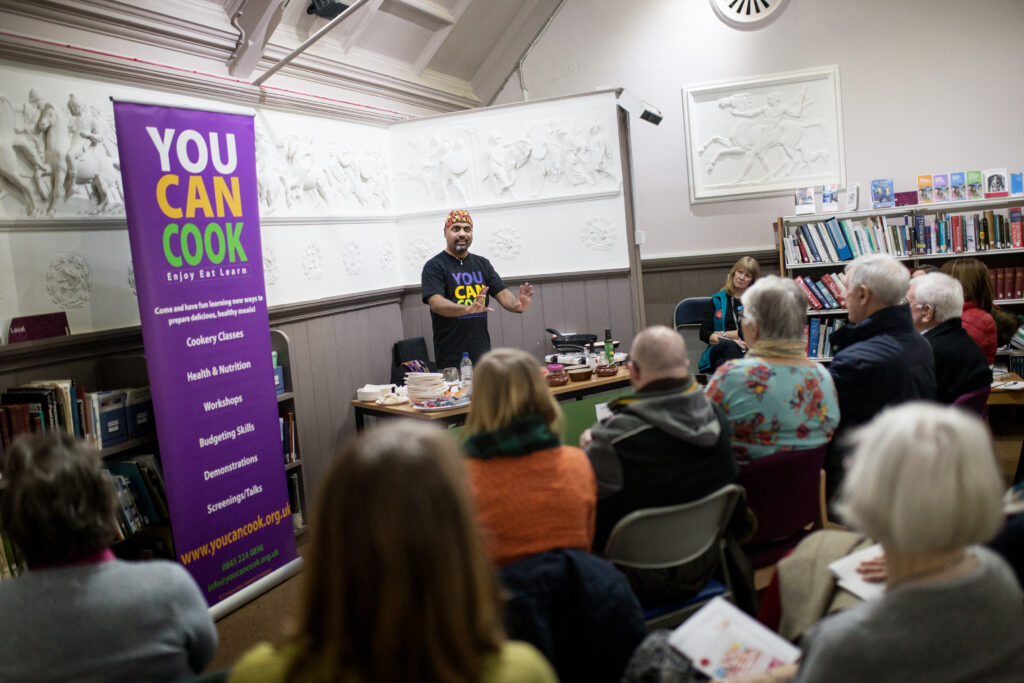
This week Bosco Santimano founder and executive director of social enterprise You Can Cook, shares his thoughts on the pros and cons in this final part of his two-part column on veganism.
In my previous column I covered what veganism is and its origins as a lifestyle choice for health, ethical and environmental reasons. A vegan diet is a plant-based lifestyle that prohibits the consumption of all animal products, with many people adopting a vegan diet for health, environmental and strong ethical beliefs concerning animal welfare. Strict vegans will also avoid using any products that have been tested on animals or wear leather or wool. So, let’s talk about the pros of veganism.
Turning to a plant-based diet may help slow down climate change. The production of meat implies high levels of greenhouse gas emissions, which in turn contribute to global warming. By avoiding meat consumption, we can improve our ecological footprint and help mitigate the issue of global warming. A vegan diet will eliminate meat consumption which is associated with a variety of health problems as it increases the risk for heart conditions and cancer. By refraining from meat consumption and relying on a vegetable and fruit diet instead, you may be able to improve your health level significantly. Becoming a vegan can also help reduce modern society’s obesity problems. Another upside of the vegan diet is that it reduces the need for factory farming. We consume excessive amounts of meat nowadays and those amounts of meat can only be produced with the help of industrial meat production plus the animals are treated very poorly. By refraining from meat, we could significantly reduce the need for factory farming since the overall global demand for meat could be reduced.
Our meat-based diet also implies serious soil pollution since for the production of animal feed, large amounts of chemical fertilizers have to be used. By switching to plant-based foods we will minimise and reduce the negative impact of products used to grow food for animals reared for human consumption.
Soil pollution also often implies the contamination of our groundwater. Sooner or later, harmful substances that are contained in our soil will be washed into the groundwater, which may lead to serious issues for the local population, especially in regions where people are heavily dependent on clean groundwater for cooking and other parts of their daily life. Since soil pollution and the related groundwater pollution are often connected to excessive factory farming, switching to a vegan diet may be a valid tool to improve our groundwater quality.
Let’s now look at some cons of becoming a vegan; Vegan diets can be low in protein and fat and can be harder to maintain sufficient protein intake. A huge risk of vitamin B12, iron, calcium and zinc deficiencies. Greater reliance on supplements for athletes to achieve nutritional requirements. Due to the industrialisation of our food chain since the green revolution in the 50’s and 60’s, where oil-based chemicals and fertilisers were overused to produce cash crops to make billions for big corporations, the soil in most parts of the world is heavily depleted of essential nutrients which in turn lead to poor quality of food produced. A vegan diet can be more expensive and you may need to motivate and discipline yourself a lot more. A vegan diet is not suitable for people with certain health issues and social isolation can also be a major problem. For instance, in regions where veganism is tabooed, you might have a hard time finding friends since people may be quite skeptic regarding your lifestyle.
In conclusion, it’s wise to make an informed decision before turning to a vegan lifestyle and diet and do your research properly and take professional health advice.
*Originally written & published in the Peeblesshire News.
